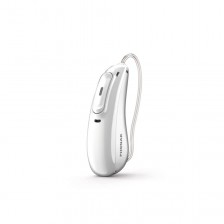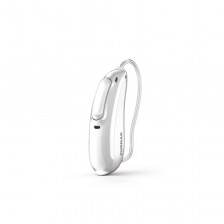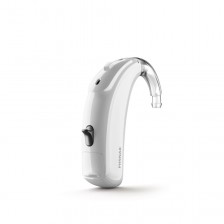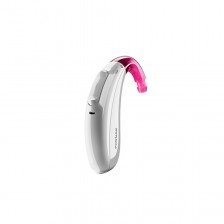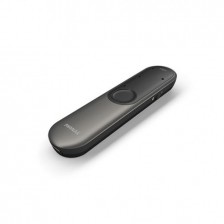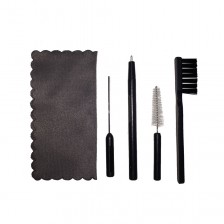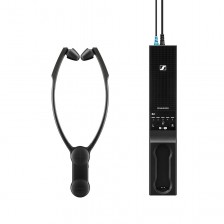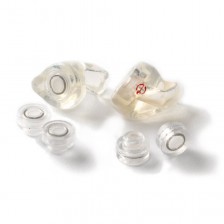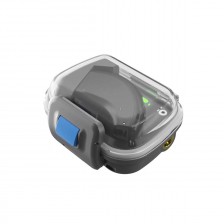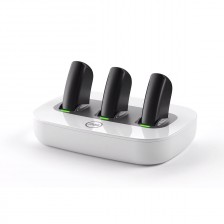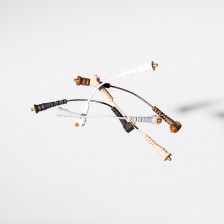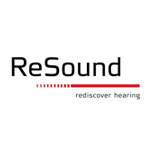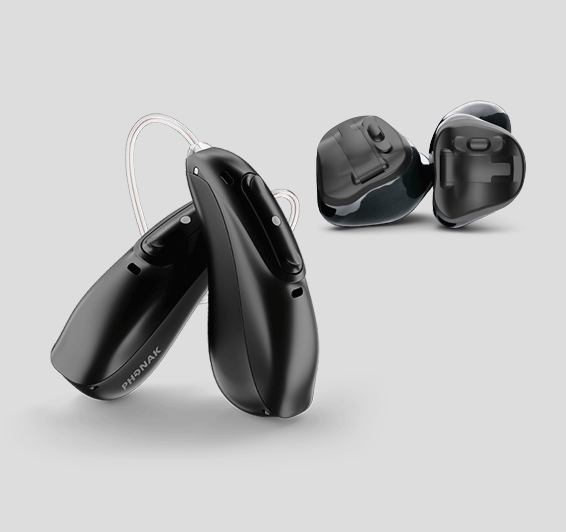What should be done before a hearing screening?

Prevention is always a good idea. Also when we talk about hearing health. So to be on time for possible problems, hearing screenings are key. If you are wondering what to do before an audiometry, we have the answer: just don't worry. As you will see yourself, it is a quick and painless process, but at the same time, essential to achieve an accurate diagnosis. You want to know more?
If you have already scheduled a hearing screening with us, we will tell you how we will carry it out.
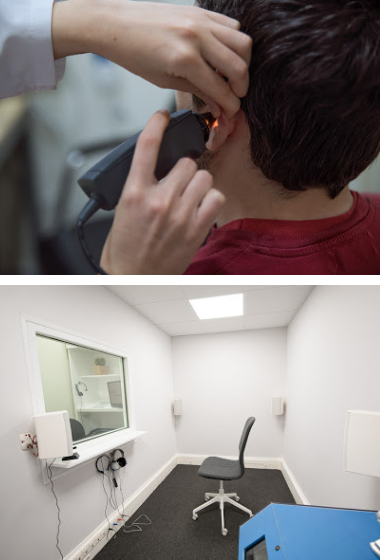
First, an otoscopy to check for earwax plugs, internal inflammation, suppuration or perforations.
Second, we will perform a tympanometry. This test is performed by creating pressure variations in the ear canal that allow us to observe the mobility of the eardrum and the 3 small bones that carry sound to the cochlea.
Actually, these first two tests do not tell us what your hearing level is, but they do allow us to check if your hearing problems have a mechanical origin.
Second, we will perform a tone audiometry by air. The objective is to measure hearing accurately and for this, we use an audimeter that emits sounds at different frequencies and intensities. In this phase, we will check the sound levels you perceive. On the other hand, we will also check what your level of discomfort is or, what is the same, what intensity of sound you find uncomfortable.
This last piece of information is especially useful when programming hearing aids since we want you to be able to listen correctly but in a comfortable way. And where will we perform these tests? In a totally soundproof booth where there is no entry or interference from external sounds or noises.
Next, we will perform a second tonal audiometry, but in this case via bone. Here we are interested in discovering the hearing capacity of your inner ear. What makes this test different is that the sound is emitted through a vibrator that is placed behind the ear.
The first frequency studied should be 1,000 Hz, to continue towards the highest frequencies and finally, the lowest ones.
Finally, a verbal audiometry or speech audiometry to analyze the ability to distinguish between sounds of the same word. The main objective of this test is to find out what difficulties you have when it comes to understanding spoken language.
Isn't it simple? Before you know it, we're done.
Your hearing check is important. Therefore, in Claso it is free.
So what should you do before an audiometry?
To this question, we can only answer you with one word: reassure you. It is such a quick and easy test that nothing is required beforehand.
In no case, we will perform an audiometry if you present infectious processes such as pharyngitis, sinusitis, bronchitis, otitis, etc. Nor if you have a full and compact wax plug.
And when you go out, you can go home calmly because an audiometry has no contraindications of any kind.
Did you know that now you can do an audiometry online?
On our website, we have created a section where you can perform a hearing test from home. For this, you will only need headphones. It is not a diagnostic test but it will be useful to have an approximation.
From Claso, we recommend carrying out these hearing examinations especially from the age of 50. However, if you have any indication of hearing loss or symptoms that make you think that something is wrong, you can contact us to prevent it from getting worse. We will be by your side from the first moment and that means that also in your audiometry.
